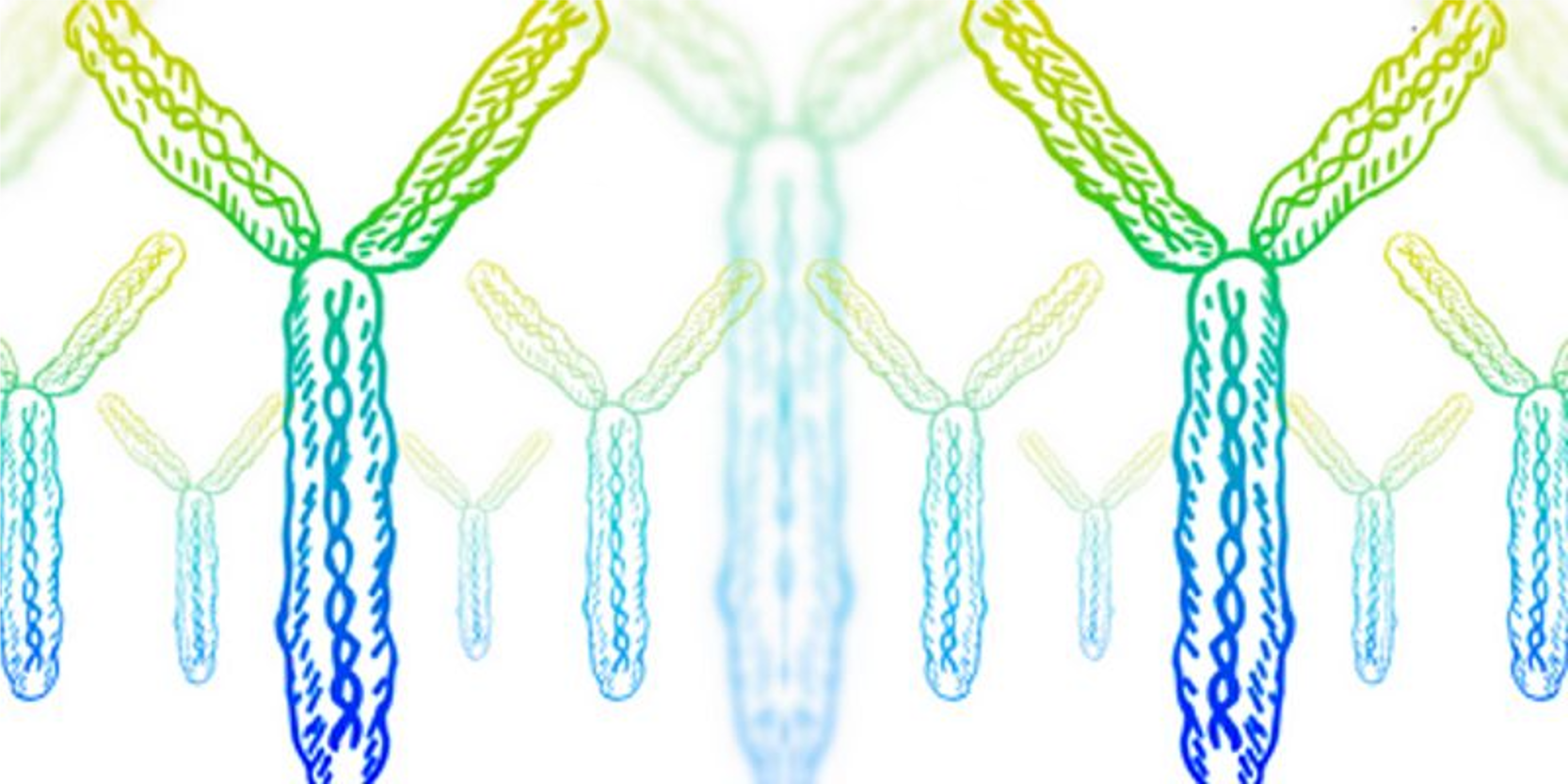Become a member to access more info and to receive 10% discount on all purchases!
We recently published a paper (1), which reviewed and highlighted the concerns and solutions identified during the webinar series organised by the Antibody Society. Below, the most important subjects in this paper are discussed. More details are available in the members section of our site.
The problem
Our paper starts with a historic context: Scientific publications with irreproducible claims resulting in clinical trials (based on flawed science) to fail. The damage to the tax payer is billions of US dollars every year. An important culprit, but not the only one, is the use of badly characterised antibodies for the detection of pivotal biomarkers (1, 2, 3). The paper goes through examples of poorly performing antibodies that initially got a reliable reputation (often with a large trail of publications), but later on they turned out to be cross-reactive to other proteins. Such cross-reactivity invalidates earlier obtained data and produces spurious results, potentially undermining clinical trials.
Specificity
The research world has been highly aware of antibody specificity, especially since new technologies demonstrated that some commercially available antibodies do not even bind to the intended target protein. This lack of specificity is generally associated with polyclonal antibodies, but this is not entirely the correct assessment; Monoclonal antibodies against a linear epitope, when masked under native conditions, will not be specific when used on naturally folded proteins. And monoclonal antibodies against a structural epitope, destroyed under reducing conditions, will not be specific when the proteins are denatured. Hence, antibody specificity heavily depends on the defined experimental conditions.
Selectivity
In addition to specificity, we need to consider the antibody selectivity. An antibody is selective when it does not cross-react to other (closely related) proteins (1). Hence, an antibody can be highly specific to a certain epitope, but if this epitope is shared, selectivity is lost when another protein with the same epitope is present in the antibody assay as well.
The level of cross-reactivity depends on: the presence of proteins sharing the antibody-binding epitope, the extent of its presence in relation to the intended target protein, and the proper dilution of the antibody. When the cross-reacting antibody is part of a polyclonal antibody mixture, its affinity compared to the other affinities in the mix will also be a factor. Proper antibody dilution, and the physical conditions of the assay (see Specificity), will determine whether or not cross-reactivity will be prominent.
Clonality and immortality
The paper goes to great extent explaining the differences between polyclonal, monoclonal and recombinant antibodies. Both polyclonal antibodies and, to a lesser extent, monoclonal antibodies will show some level of inconsistencies in their performance as a result of batch-to-batch variations. Only recombinant antibodies will avoid such variations as they are defined by the DNA sequence of their variable regions (involved in the binding to the target protein). Because of this known sequence, the exact same antibody can be reproduced, without any animals involved, indefinitely (1).
Finding the right antibody
It is no longer easy to determine which antibody in the market best meet the research objectives. Complicating factors are:
- Identical rebranded products appearing on many catalogues (4)
- Cross-reactive antibodies having a large trail of publications (1)
- The product sheet showing data obtained from an older (out of date) batch
- Data falsely implying the antibody is fit for a certain application
- The antibody is in a formulation (1, 5) not allowing to know how much microgram IgG is on offer.
Our Aeonian Rating® deals with all of the above problems, and more. Therefore, we take away all the risks users buy into when they shop elsewhere.
We stand up for the interests of the researchers and their projects.
Please go to our products now and see how we offer you value for money, like no other antibody vendor in the world.
Sign up to become a member to have access to publicly restricted information pages and a 10% discount on our catalogue items.
Literature
- Voskuil JLA, Bandrowski A, Begley CG, Bradbury ARM, Chalmers AD, Gomes AV, Hardcastle T, Lund-Johansen F, Plückthun A, Roncador G, Solache A, Taussig MJ, Trimmer JS, Williams C, Goodman SL. The Antibody Society’s antibody validation webinar series. MAbs. 2020 Jan-Dec;12(1):1794421. doi: 10.1080/19420862.2020.1794421. PMID: 32748696
- Voskuil J. Biomarkers and their dependence on well-reported antibodies. Per Med. 2015 Nov;12(6):545-548. doi: 10.2217/pme.15.24. Epub 2015 Nov 6. PMID: 29750606
- Voskuil J. How difficult is the validation of clinical biomarkers? F1000Res. 2015 Apr 28;4:101. doi: 10.12688/f1000research.6395.1. PMID: 26069732
- Voskuil J. Commercial antibodies and their validation. F1000Res. 2014 Oct 2;3:232. doi: 10.12688/f1000research.4966.2. PMID: 25324967
- Voskuil JL. The challenges with the validation of research antibodies. F1000Res. 2017 Feb 17;6:161. doi: 10.12688/f1000research.10851.1. PMID: 28357047; PMCID: PMC5333605


